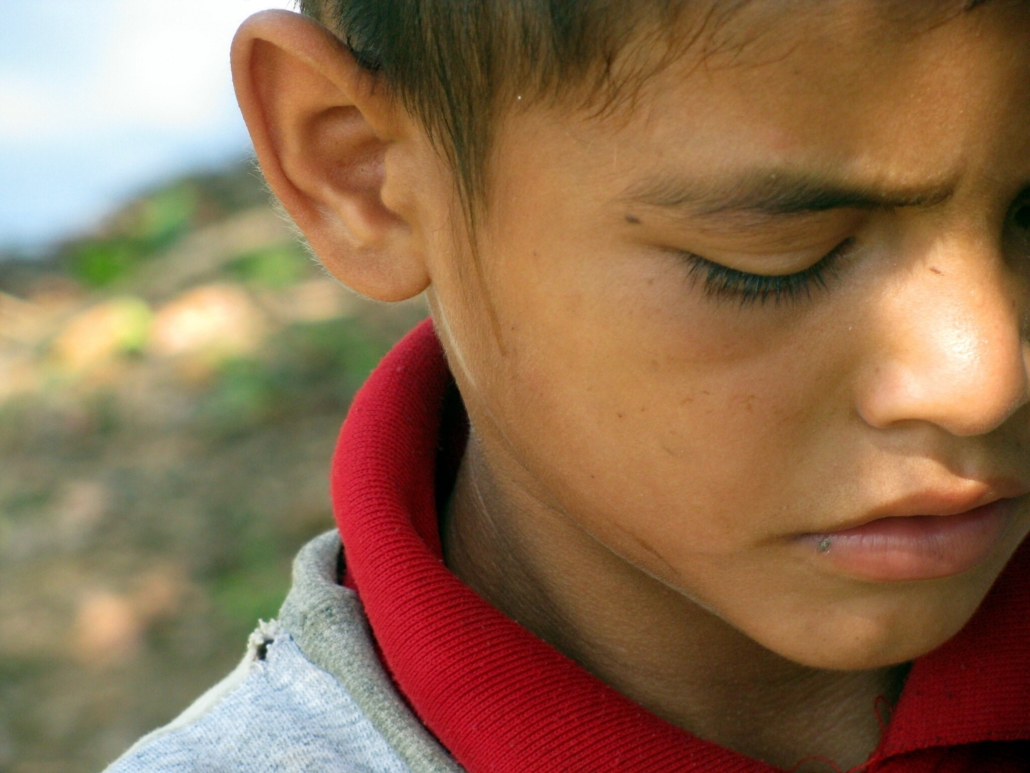WFP In Venezuela Feeds School Children

In April 2021, the United Nations World Food Programme (WFP) reached a deal to distribute food to vulnerable school children in Venezuela. The program ambitiously seeks to help 185,000 students in 2021 alone and 1.5 million children by the end of the 2023 school year. Since schools in Venezuela remain closed due to the COVID-19 pandemic, parents and teachers can pick up rations at their local schools. A monthly ration consists of nine pounds of lentils, 13 pounds of rice, one pound of salt and one liter of vegetable oil. The WFP additionally manages its own supply chain and partners with local teachers and nongovernmental organizations to distribute food. Once schools open again, the WFP in Venezuela will also teach school faculty about food safety.
First Shipments Arrive
Recently, the first shipments of food arrived in Maracaibo, Venezuela. The stockpile includes 42,000 packages of food for this month. The WFP in Venezuela targets children under six deemed to be the most food insecure. Originally, the program began in the state of Falcón and intends to expand to other Venezuelan states gradually. The first set of rations went to a total of 277 schools in the state of Falcón.
Venezuela’s Economic Crisis
According to the Council on Foreign Relations, 96% of Venezuelans live below the poverty line. The country is heavily reliant on the export of natural gas and oil. In fact, oil makes up one-quarter of Venezuela’s gross domestic product (GDP). As oil prices dropped dramatically in 2014, Venezuela began to undergo an economic crisis. Between 2014 and 2016, oil prices had decreased from $100 to $30 per barrel. Since 2015, over 5 million Venezuelans have left the country in search of better opportunities, according to the United Nations. Additionally, Venezuela’s GDP reduced by two-thirds between 2014 and 2019.
Venezuela was once the second-largest producer of oil in the world, behind the United States. Venezuela was also a founding country of OPEC in 1960. The country has had a long history of dictatorships and consolidation of the oil industry, which the state and a select few companies controlled. Some believe that the current president, Nicolás Maduro, underwent reelection through undemocratic means in 2018. In January 2021, after Maduro had claimed victory in the election, candidate Juan Guaidó argued that Maduro had won illegitimately. The United States and several other countries acknowledged Guaidó’s victory.
Although exact figures are unknown, the WFP estimates that one-third of Venezuelans do not have enough to eat. Furthermore, approximately 16% of children suffer from malnutrition within the country. About 7 million Venezuelans are in need of humanitarian aid.
The Importance of WFP in Venezuela
The WFP in Venezuela is much needed as the country struggles economically and fails to provide for its citizens. WFP representative Susana Rico said that “We are reaching these vulnerable children at a critical stage of their lives when their brains and bodies need nutritious food to develop to their full potential.” Hence, this program will be instrumental in providing the necessary resources to underserved young children.
– Kaylee DeLand
Photo: Flickr
